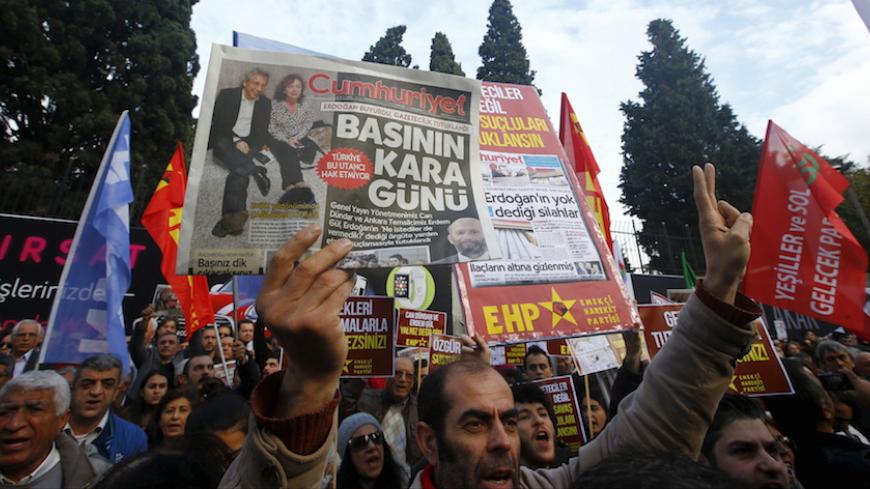On April 27, 2007, the Turkish General Staff posted a statement on its website cataloguing the supposed anti-secular activities occurring under the ruling Justice and Development Party's (AKP) watch. The underlying message of the "e-memorandum" was unmistakable: If Abdullah Gul, then foreign minister, whose wife wore the Islamic headscarf, persisted in his campaign to become Turkey's president, the army would intervene.
But Gul was elected, and the AKP grew stronger; the army was weakened, but not beaten. It was in this febrile atmosphere that a new newspaper, Taraf, was born.



